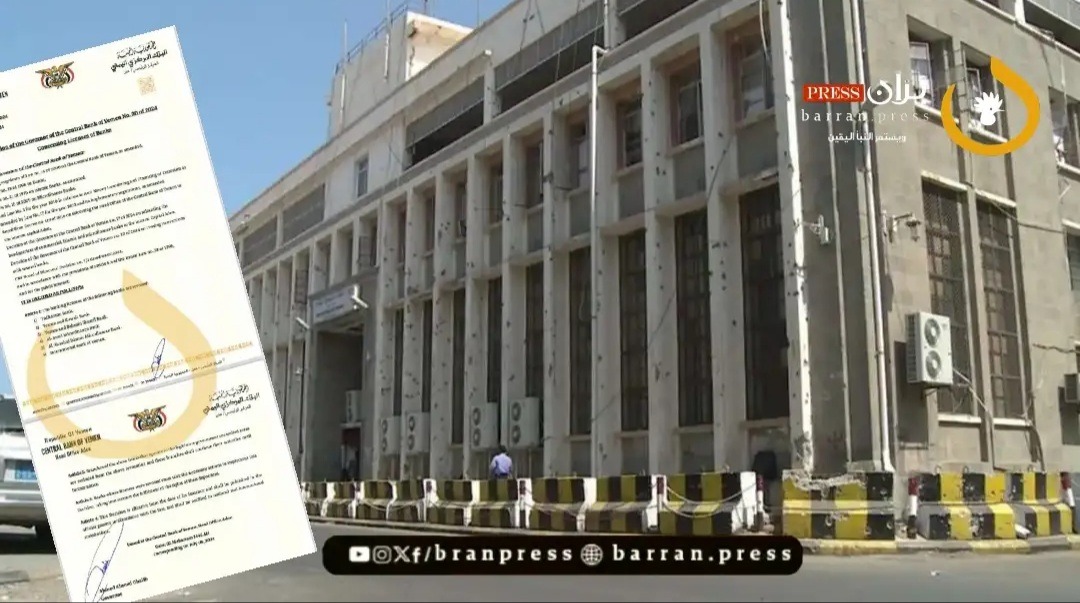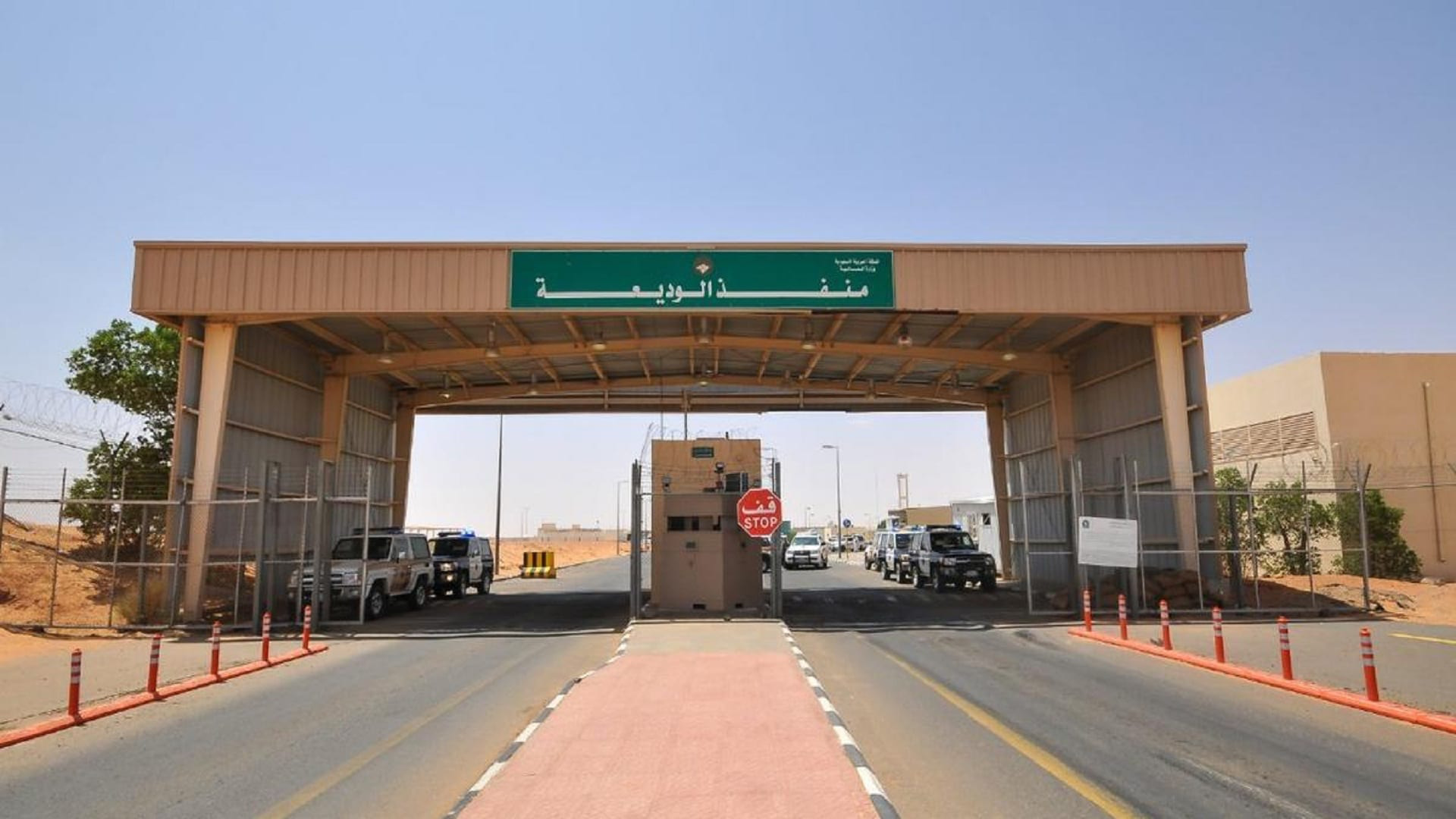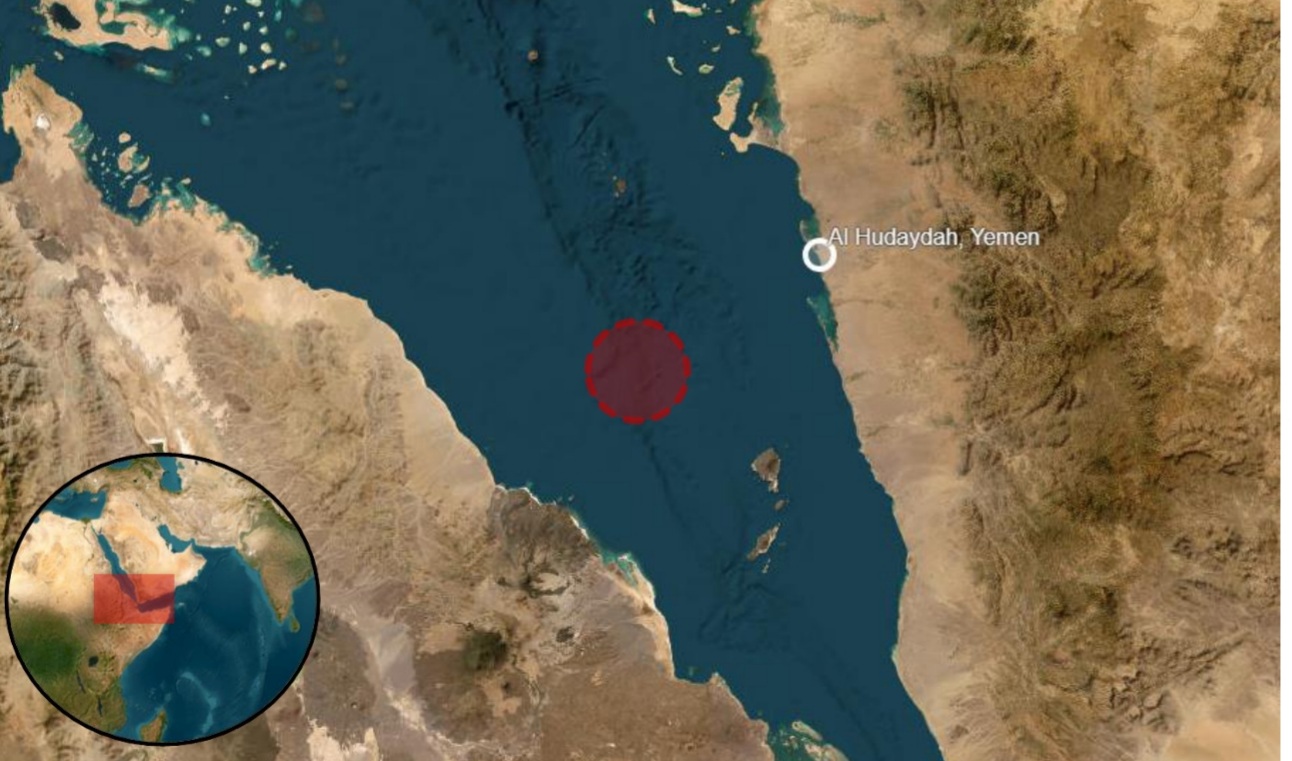
Barran Press
Six banks targeted by sanctions from the Central Bank of Yemen (CBY) temporarily closed their branches in Aden and Taiz on Sunday, July 14, 2024, in protest of the CBY's decision to revoke their licenses and suspend their access to the SWIFT system.
The banks, including Al-Kereemy Bank, Al-Tadamon Bank, Yemen and Kuwait Bank, Al-Amal Bank for Microfinance, Yemen and Bahrain Comprehensive Bank, and Yemen International Bank, were sanctioned for failing to relocate their headquarters to Aden, the temporary capital of Yemen.
Banking sources reported that the closures were a direct response to the CBY's sanctions and aimed to demonstrate the banks' defiance of the decision. The sources emphasized that the CBY remains steadfast in its decision, despite attempts by the Houthi group to portray the situation differently.
While the CBY's decision initially included all six banks, branches in areas controlled by the internationally recognized government of Yemen were later exempted. However, the branches in Aden and Taiz, located in areas controlled by the Southern Transitional Council, were not included in the exemption.
The move sparked debate, with economist and analyst Wafiq Saleh questioning the banks' ability to similarly protest in Sana'a, the capital controlled by the Houthis. He pointed out the apparent disparity in the banks' willingness to challenge authorities in areas controlled by the government compared to those under Houthi control.
The CBY's decision to revoke the licenses of the six banks followed a deadline set in May for them to relocate their headquarters to Aden. The move was met with threats from Houthi leader Abdulmalik al-Houthi, who warned of retaliatory attacks against Saudi Arabia if the CBY did not reverse its decision.
The CBY's actions have been interpreted by observers as a demonstration of its independence from international and regional influence. The CBY has been actively countering economic measures implemented by the Houthis, which have negatively impacted the Yemeni economy and caused a decline in the value of the Yemeni rial in government-controlled areas.
The closure of the six banks' branches in Aden and Taiz comes just hours after UN envoy Hans Grundberg urged the warring parties in Yemen to engage in dialogue under UN auspices to address the country's economic challenges.
Grundberg expressed concern in a statement obtained by "Barran Press" over the CBY's decision to suspend the licenses of the six banks and its impact on their access to the SWIFT system, warning that it would hinder their ability to operate internationally. He urged the Yemeni government and the CBY to postpone the implementation of the decision until at least the end of August and called for a dialogue to address the recent economic developments in Yemen.
The Presidential Leadership Council, in response to Grundberg's letter, convened an emergency meeting to discuss the matter. The Council reiterated its commitment to a clear agenda for participation in any dialogue on economic matters.
The Council has set preconditions for engaging in such dialogue, including the resumption of oil exports, the unification of the national currency, the revocation of all arbitrary measures against the banking sector and the business community, and the cessation of all hostilities.
The CBY's actions have also extended to the exchange sector. In recent weeks, the CBY has revoked the licenses of 26 exchange companies, ordered the closure of their branches indefinitely, and implemented a unified network for domestic transfers.
These measures are part of a broader effort by the CBY to address the economic challenges facing Yemen and to counter the Houthis' influence on the banking and financial sectors. The CBY's actions have been met with mixed reactions, with some praising its efforts to stabilize the economy while others criticize its handling of the situation.
The ongoing conflict in Yemen has had a devastating impact on the country's economy, and the CBY's actions are part of a larger effort to address the crisis. The outcome of these actions remains to be seen, but they are likely to have significant implications for the future of Yemen's economy.





